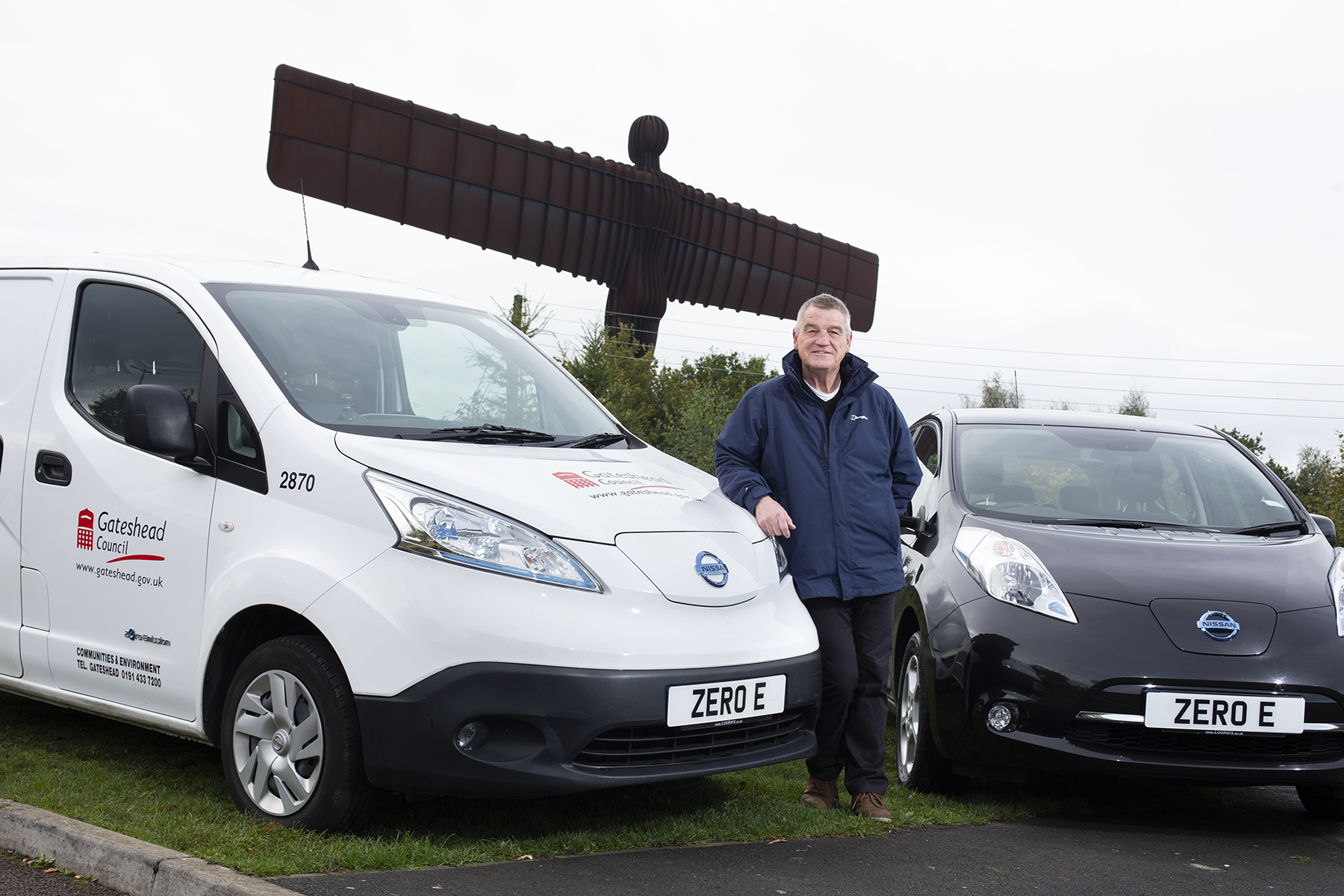New Zero Emission Vehicle Strategy approved
Enabling study identifies 221 strategically located chargepoint sites to grow the charging network across the region and increase Zero Emission Vehicle uptake in the North East
The North East Joint Transport Committee has approved the new region-wide Zero Emission Vehicle Strategy covering Tyne and Wear, Northumberland and Durham. The strategy mainly focuses on car and van drivers that will rely on the publicly available infrastructure network in the region to charge their electric vehicle and aims to deliver reliable public Zero Emission Vehicle charging infrastructure across the North East, wherever people need it.
The new strategy’s purpose is to create excellent infrastructure + well informed people (who can access the right chargepoints/information when they need it) with the aim of leading to an increase in ZEVs, and a reduction in carbon emission across the region.
The strategy sets out a delivery plan with an initial list of ZEV schemes worth approximately £80m. The plan includes sites identified as part of a refreshed enabling study. The enabling study has identified an initial 221 strategically located chargepoint sites to grow the charging network across the region and we will continue to work towards expanding the public charging network, when funding is available.
In the North East, road transport is currently responsible for around 36% of overall CO2 emissions. The strategy therefore addresses public electric vehicle charging infrastructure, battery electric vehicles and hydrogen vehicles and infrastructure; private cars, taxis, small vans, private hire and and freight vehicles; shared mobility services – such as electric car clubs. Zero emission buses are included within the scope of the strategy, however buses are mainly addressed regional within the North East Bus Service Improvement Plan.
The delivery plan is a “live pipeline” of schemes and is expected to further develop over time. The proposed investments and initiatives set out in the strategy broadly consist of:
- The creation of an EV partnership group with the public and private sector;
- New public EV chargepoint infrastructure;
- Maintenance and upgrading of the existing public chargepoint network;
- Increased awareness and information to help people to make the transition to ZEVs;
- Innovation schemes to develop ZEV technology;
- Flexible procurement framework (NEPO) available to deliver public EV chargepoint infrastructure.
To achieve the ambitions of this Zero Emission Vehicle Strategy, the North East Joint Transport Committee will work in collaboration with central government, partners, and local people. Positively, the strategy does demonstrate a further regional drive to increase the use of ZEVs, helping more local people make the switch to a more sustainable vehicle.

Cllr Gannon, Chair of the North East Joint Transport Committee, said: “It is proven that electric vehicles (EVs) provide a cleaner, more sustainable option for motorists than standard petrol or diesel cars and indeed why the government has stipulated that all new cars and vans must be fully zero emission by 2035. We want the transition to emission-free driving to be as easy and as accessible as possible for local people, and to happen as quickly as possible in light of the alarming climate emergency we all face. To do this, we believe that excellent infrastructure, along with well informed people is the right recipe for a seamless increase in zero emission vehicles.
“I am very proud that the North East has constantly been at the forefront in championing the use of zero emission vehicles (ZEVs). Our region is home to Europe’s most successful EV (the Nissan Leaf), the UK’s only large-scale battery factory (Envision, Sunderland) and we continue to hold our position as a key global centre in emerging clean energy technologies.
“Through this strategy, and by investing in EV infrastructure and supporting people to make the changes required, we can build those successes to deliver more zero emission vehicles on our roads, tackling air pollution and creating a better environment.”

